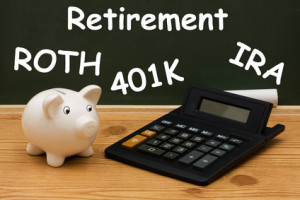What is a Self-Directed IRA?
A self-directed IRA (SDIRA) is an IRA (SEP, Roth, Traditional, Inherited IRA, SIMPLE) where the account owner directs the account trustee, referred to as a custodian, to make a broad range of investments. The Internal Revenue Code does not describe what a self-directed IRA can invest in, only what it cannot invest in. Internal Revenue Code Sections 408 and 4975 prohibit Disqualified Persons from engaging in certain types of transactions. Some of the additional investment options permitted under the regulations include real estate, stocks, mortgages, franchises, partnerships, precious metals, private equity and tax liens.
You might ask, “Why hasn’t my financial advisor offered this type of investment?” The reason is that the large financial institutions that administer most U.S. retirement accounts, don’t find it administratively feasible to hold real estate or non-publicly traded assets in retirement plans. They also don’t make a fee.
Check out the most recent IRA Limits for 2014 – 2016 by clicking this link.
